I’m sure that you’ve heard it said before that practice makes perfect – and it seems like it should be true. After all, it sounds right, doesn’t it? Keep doing it over and over again and eventually you’ll get it down, right?
Well… Sort of.
There’s certainly a bit truth within the idea of this proclamation that repetition will ultimately lead to perfection, however the overall concept is incorrect. What we’re doing here is blending wishful thinking with physical science, and it doesn’t quite line up. It’s almost there, but you need to take it one step further. Let me explain why.
We have this thing that we call “muscle memory,” which is, in and of itself, also an inaccurately named term because muscles cannot remember anything – they’re more like tools. The hammer in your garage cannot do much of anything without your hand’s command and action to do so, as much as the car in your driveway cannot go to any particular destination without you driving it there (at least at this moment in time). These are tools that do what they are instructed to do and nothing else. They lack cognitive thought altogether and so do your muscles. My hands and fingers cannot act on their own, but the nerves within them can and that’s where the “muscle memory” truly comes from. The nervous system is what’s actually responsible for these cognitive actions that we conduct both voluntarily and involuntarily.
But I digress.
So we have these processes that we could basically perform in our sleep due to “muscle memory,” like tying a shoe, writing with a pencil, walking, talking, blinking, heart beating, breathing, so on and so on. Some of these are involuntary reactions or reflexes and some are repetitious motions that we’ve done SO MANY TIMES that our bodies have learned them on their own. That’s a pretty cool thing, if you think about it.
How in the world does this tie into what I began talking about in the first place? Stay with me, I’m about to tie it all in 🙂
You see, the idea that “practice makes perfect,” or the concept that repetitive action will cause you to “perfect” that action and thus achieve the end result of “learning” what you set out to do to begin with, is flawed for this very reason: What happens if you practice it wrong?
If I spend hours and hours, weeks and weeks, months and months training my hands to play a particular passage of a song but many of my notes are wrong, or much of the rhythmic syncopations are incorrect, or the phrasing is off or any number of things relating to the piece of music are incorrect, have I really successfully practiced the passage to perfection? Did practice really make perfect in this case? Unfortunately, no: I practiced imperfectly, therefore I suppose that in some way the phrase has been proven accurate in that since I practiced it “wrong” I am now perfectly wrong because of that practice. Confusing, isn’t it?
What if I spend a lot of time working on technique but practice that technique ineffectively, i.e. developing bad habits? Things like bending my right wrist all the time, chopping notes in fast runs, buzzing frets due to poor pressure in the left fingers or any multitude of possibilities for bad bass habits… I’m practicing those bad habits so my “muscle memory” is learning them.
However, that’s not the “perfection” that I had set out to learn, is it?
Yes, repetition will lead to your nervous system “learning” that repetition so well that you won’t need to focus on it anymore. But no, that doesn’t mean it’s perfect, good or in any way shape or form correct. It could be quite the opposite. That’s why the correct way to understand this phrase is as follows:
Perfect Practice Makes Perfect.
Duh! It almost sounds too easy, yet most of us lean on this wishful thinking, that if we just keep working on it we’ll get it. That’s purely untrue. You need to intently seek the BEST way to execute that passage, the most EFFICIENT way to perform that technique, the most ECONOMICAL motion with good and healthy form. These are the things we need to consistently remind ourselves of while we practice, because if you go on autopilot you may not be happy with the destination you end up in.
This is the exact reason I recommend players study with a private instructor. More routinely for beginners, but even for advanced players – to have someone critique your technique from an objective position is very insightful and useful. Sort of like having a personal trainer at the gym; someone to tell you to straighten your back, even when you thought it was straight already. You miss a lot of these things on your own unless you’re specifically looking for them. And if you change your mode of thinking to seeking Perfect Practice each time you sit down to your instrument, you’ll be well on your way to achieving that perfection.
What do you think? Have you ever had to go back and “unlearn” something that you practiced?

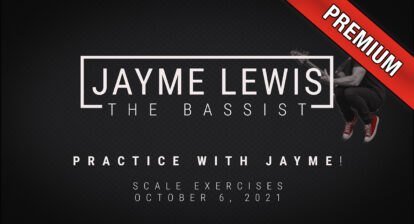



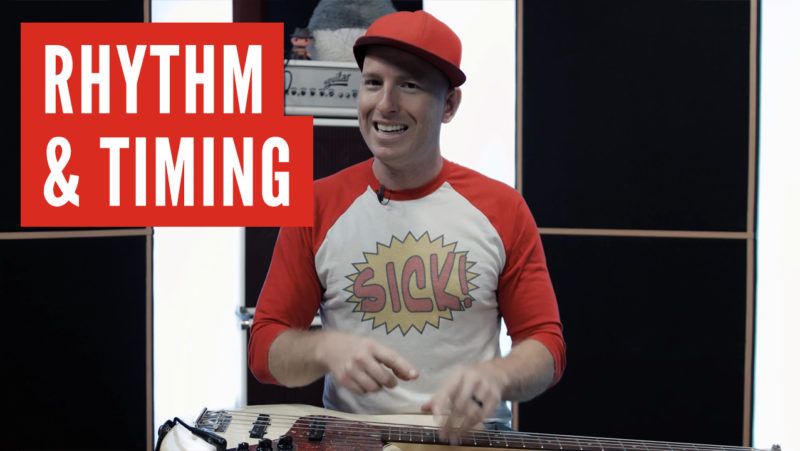
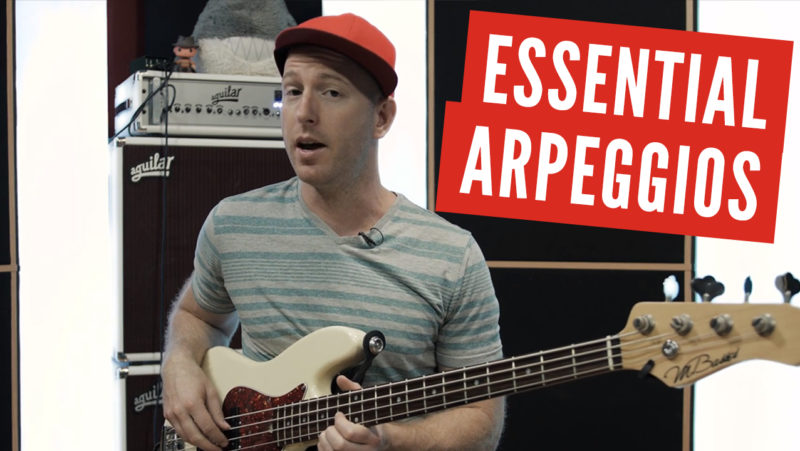
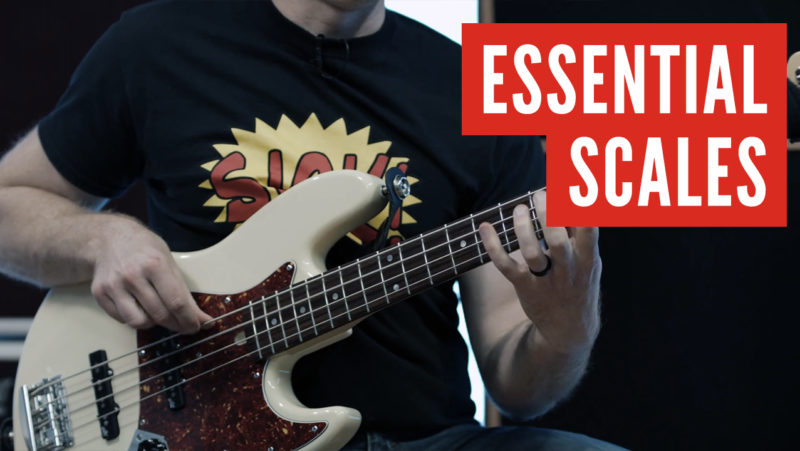
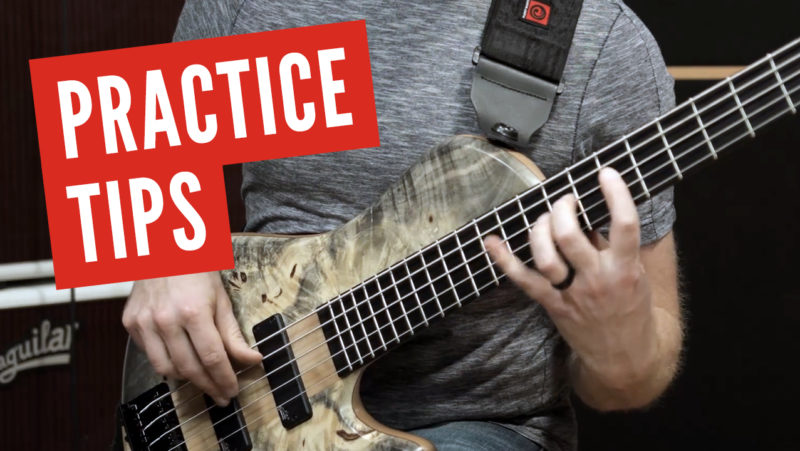
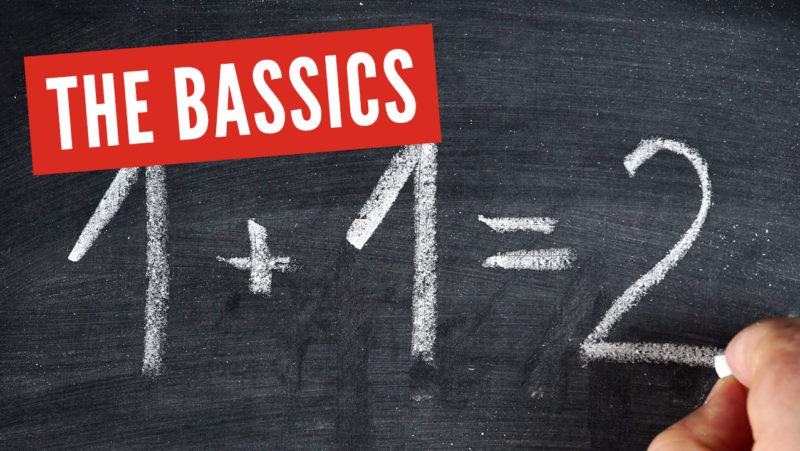
Roberto
Good and right !
to find the time to discipline
and
a good teacher
like you !
Thks
Jayme
thanks Roberto, glad you liked it!
Jim andrews
Great thanks for the education. And a new mindset 🙂
Jayme
you’re very welcome sir 🙂
Matt Lawton
I tell my students “Practice makes PERMANENT!”
Great post =)
Jayme
dude I love that! gonna remember it for sure 🙂